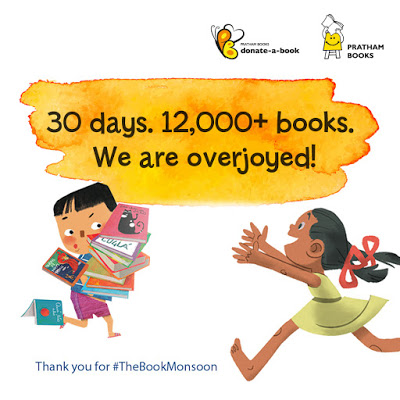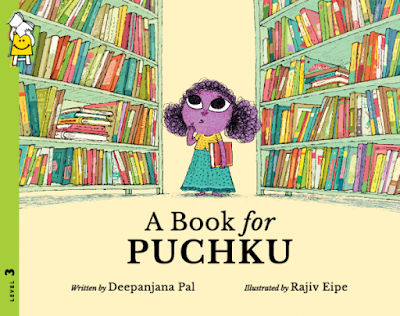Murty Classical Library of India : Taking Indian Classics Global

On Thursday, Nobel laureate Amartya Sen will be inaugurating a series of books in New Delhi which is, arguably, unlike any set of works published before. For, Sen will be launching the first five books of the Murty Classical Library of India (MCLI), set up at Harvard to publish English translations of ancient Indian classical texts, not only from Sanskrit but a host of Indian vernacular languages, from Bengali to Telugu to Hindi to Kannada.
The books, five of which will be published every year for the next hundred years, will offer readers around the world and in India access to unique works that one would otherwise find difficult to find in a library, let alone a book store. For instance, among the first works being released isTherigatha, an anthology of poems in Pali written by the first Buddhist women which might well be the oldest examples of women’s writing.
Abu’l-Fazl’s The History of Akbar (Part 1), considered one of the most significant works of Indo-Persian history; Bullhe Shah’s Sufi poetry; The Story of Manu by 16th century Telugu poet Allasani Peddana; and Surdas’ poems in old Hindi, Sur’s Ocean (Sursagar), are the other works that will be released on Thursday. Each book will have the original script on the left side and the translation in English on the facing page. There will also be explanatory comments and textual notes with each work, bound in a deep pink cover.
The books, published by Harvard University Press, will be available in India and the US. True to MCLI’s commitment to make them accessible, the paperback editions will be available in India at Rs 295 from January 16.
The Murty will offer “something the world had never seen before, and something that India had never seen before: a series of reliable, accessible, accurate and beautiful books that really open up India’s precolonial past,” said Sheldon Pollock, a professor of South Asian studies at Columbia University and the library’s general editor.
But to Mr. Pollock, what makes a work a classic is not its familiarity and universality but its utter, irreducible strangeness.
The goal of the Murty “is to ensure that everyone can hear these strange voices — not just scholars in their studies, but kids standing at railway kiosks,” he said. “Now, those kids will be able to pull a book down off the shelf and hear these voices, too.”






